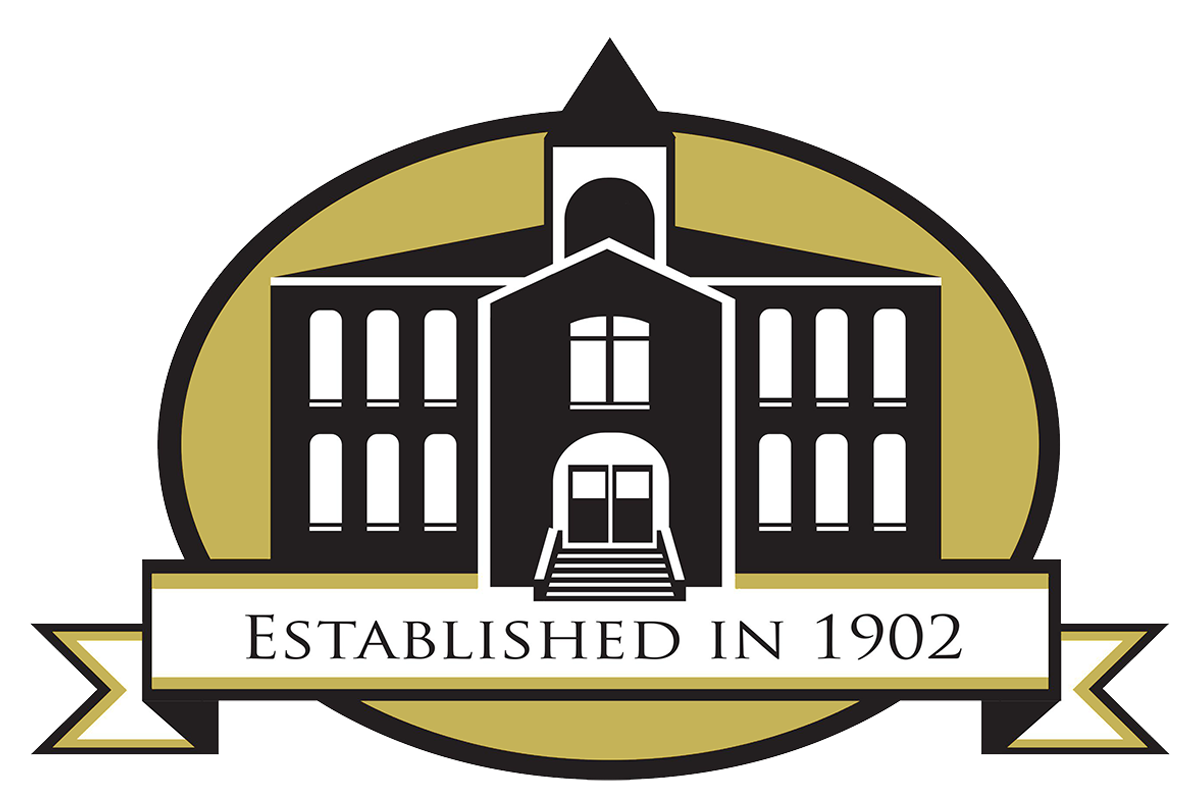
About CMS
Through cooperative planning, the Calhoun College and Career Academy can offer the best educational experience possible for our students and strengthen the progression from sixth grade through graduation. Utilizing the Bridge Bill/GA College 411 we plan to meet the expectations outlined in the State College and Career Readiness Performance Index. Both are designed to ensure that students are exposed to multiple career development opportunities to assist them in effectively selecting a career pathway in high school that will lead them after graduation through post secondary and/or the work force. For example, using a hybrid model of instruction designed to expand student exploration opportunities in the areas of Culinary Arts and Teaching as a Profession. These two additional courses will be offered during the connections block of the school day. These courses will support existing curriculum in place which includes music, chorus/drama, technology, and graphic arts. Through the process of vertical alignment and collaboration, we will continue to add a greater variety of career opportunities in the future. These plans include the addition of construction, video broadcasting, and agricultural science. It is our desire to provide all students with the foundation needed to select a career pathway based upon their interest as well a gain valuable career readiness knowledge and skills that help to prepare them for their future.
We are implementing and integrating the Calhoun College and Career Academy both horizontally and vertically across the curriculum by providing programs and resources that support teacher effectiveness to improve student achievement and higher order thinking skills. This will be accomplished by "Using the Community as a Classroom” by developing an integrated academic curriculum and partnerships that encourage students and educators to step outside of traditional models and embrace opportunities for learning that encourages the concepts of post-secondary readiness, life-long learning, and community leadership. Such extended classroom settings will allow students to practice and apply learned skills in real world environments and situations. To be effective we will embrace Hybrid Middle/High School Instructional Models for connection classes that will allow a sharing of instructional staff and resources that are dependent upon innovative flexible scheduling models that provide students access to proposed academies which focus on college and career pathways. As we occupy the new facility the will allow us to investigate and implement inventive Hybrid Middle/High School Instructional Models for connection classes that will allow a sharing of instructional staff and resources that are dependent upon innovative flexible scheduling models which in turn will provide students access to proposed pathway academies. Utilizing a School-Within-a-School Learning Communities concept, mini academies can be developed based upon current data, needs assessments and student/community stakeholder input. Research has shown that smaller learning communities build relationships, strengthen collaborative skill sets and offer great advantages for student academic growth. Such mini-academies can focus on advanced placement, language acquisition, fine arts, career readiness, communication skills, public speaking, citizenship, leadership, writing and other areas to strengthen student confidence and awareness as they strive to meet post-secondary goals.
